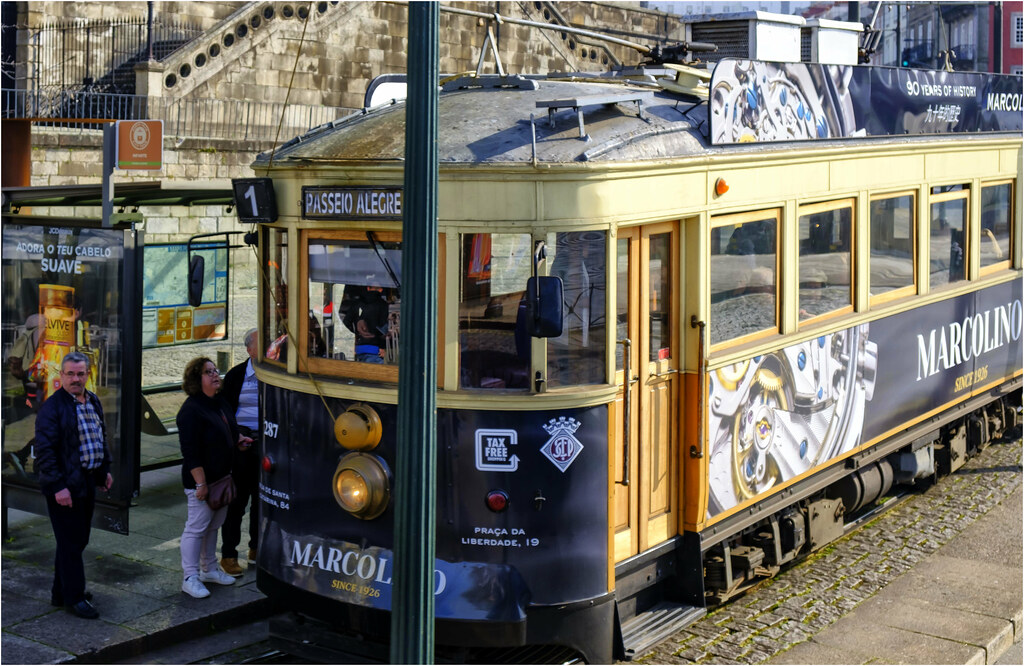An April 2019 blog analyzed a report that advocated for expanded tax and fee options for local governments to support mass transit agencies. The issue at the time was the change on the horizon (in 2022) when the payment from the Pennsylvania Turnpike Commission to the Public Transportation Trust Fund was to drop to $50 million. That funding change has occurred, and the state now transfers sales and use tax revenue to the fund.
With the coming expiration of federal COVID dollars for mass transit agencies, there should be no surprise that agencies are starting to look for new money. To be sure, ridership has yet to return to pre-pandemic levels for many agencies. This includes Pittsburgh Regional Transit (PRT), where the latest data show bus and light-rail ridership are still down significantly.
A news article notes that leadership at the Southeastern Pennsylvania Transportation Authority (SEPTA) is raising the possibility of fare hikes and service cuts once the federal money is gone. The article describes a legislative proposal introduced into the House of Representatives that would expand county options for subsidizing mass transit. Many of the options would be along the lines of proposals in the 2019 report.
Allegheny County would be the only county able to continue to levy taxes on alcoholic beverages and car rentals as permitted by Act 44 of 2007. Those taxes are budgeted at a combined $49.5 million for this year.
The bulk of the collections are for the tax on alcoholic beverages; collections have fluctuated through the pandemic and after. Inflation has also had an impact. The change in the Northeast Consumer Price Index from 2021 to 2022 was 6.9 percent, well above the previous three years. If county drink tax collections came in at the 2022 budget level ($42.2 million), the 14 percent growth likely would have been impacted by inflation’s effect on the price of alcoholic beverages.
If approved, taxes, surtaxes and fees on deed transfers, motor vehicles and motor vehicle registrations, personal income, local services and rides originating in the specific county from transportation network companies (arranged through an app) could become real. Some of these items are already taxed by the state, municipalities and/or school districts.
But where is the insistence on cost reductions? PRT has done very little in the way of layoffs, service reductions or utilizing smaller vehicles as a way to adjust to low ridership. Hopefully the General Assembly takes the need to reduce costs into consideration before providing counties with a menu of new levies which would exacerbate issues with mass transit spending.

